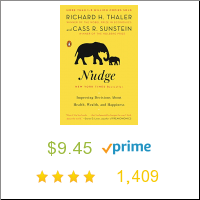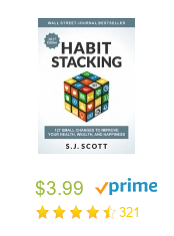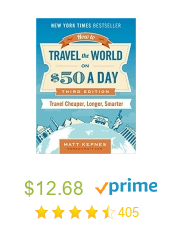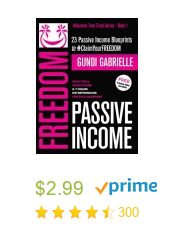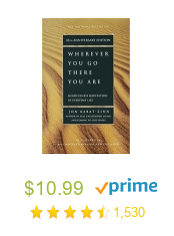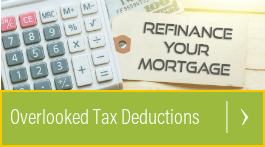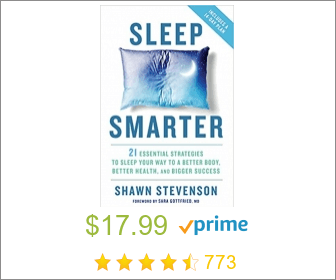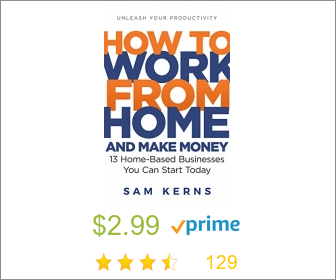
6 Factors To Help You Know If You're Ready To Own A Home

Pointers For First-Time Home Buyers
Homeownership is something more profound than just making a pretty big purchase or perhaps making the biggest purchase of your life. To own your house is actually a very huge responsibility. Now, do you think you're really ready for this?
Buying your own house will lead to a lot of changes. In case you are seriously thinking about buying a house soon, you must first take into account everything that comes along with being a homeowner. To illustrate, once you own a home, you will be responsible for paying the bills for needed repairs or perhaps fixing the problem yourself, or finding someone who can do the task for you.
Additionally, you will shoulder the cost of utilities which will add to your expenses, aside from your monthly mortgage payments. On the other hand, there are quite several advantages of being a homeowner. Some of the information below will help you in deciding whether or not you are ready to buy a house.

1Are You All Set To Buy Your Dream Home?
When you buy a home, it's not just about paying a huge chunk of your savings to get a house and then moving into it. In case you don't have enough cash, you will need to apply for a mortgage first. Mortgage lending is a practice that's been going on for a long time, and many of its elements have remained the same, though, a few parts have been updated or recently introduced. It is crucial to clearly understand the role of mortgage and its effects and implications so that you can make an informed decision. If you opt for this, you will likely completely own your dream house soon; if not, then you probably won't.
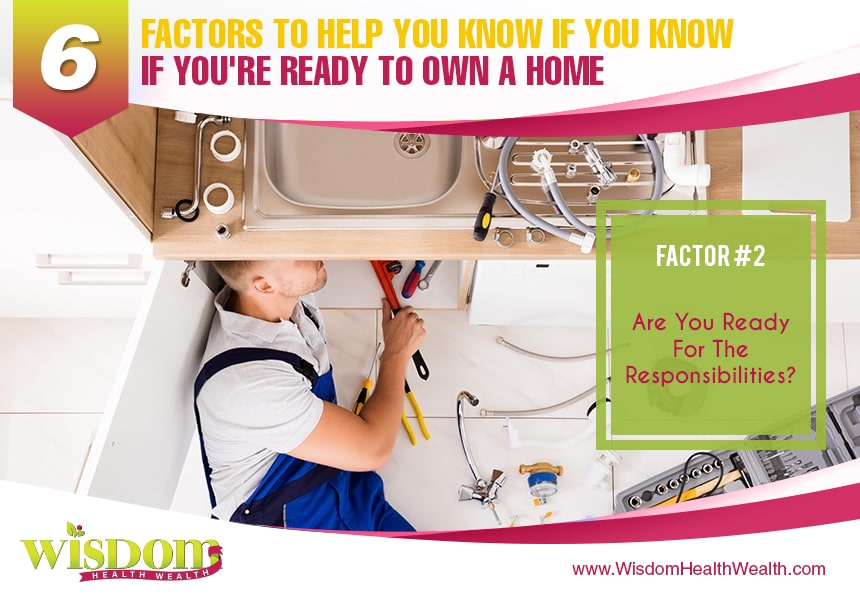
2Are You Ready For The Responsibilities?
As a homeowner, the number of responsibilities that will be placed on your shoulders will definitely surprise you, especially since you alone will need to address every problem that comes up. It's not like renting wherein there's a superintendent or a landlord whom you can request to fix the water heater or a leaking faucet. When you rent, you can easily walk away from a situation that you no longer find comfortable, as long as you did not break any terms on your lease.
As a renter, what do you do if you want a different view or in case you're just bored with your rental unit? Move! You could check out rental spaces in case you want a place where there's a communal swimming pool, a gym, or a fitness center. You don't have to build them; you only have to pay a fee to use them.
Are you tired of the old drapes or carpet? In that case, you can move to a different rental unit. Do you prefer free cable or perhaps paid utilities? Again, you can move out of your old rental unit and go to a new one. Obviously, there are many advantages of just renting; essentially, there are fewer hassles as compared to being a homeowner.

3Is It Better For You To Rent Or To Buy?
If you are confused about whether or not it's better for you to rent or buy, there's a simple solution for that - list down the pros and cons of both options and compute your savings and earnings. When you do your calculation, consider your current spending as well and come up with an estimate regarding how much rental costs and mortgage fees are. In case you're having a hard time doing this, go online, and find a real estate calculator.
Furthermore, remember that you cannot deduct rent from taxes. The rental fee that you pay goes to the property owner who has given you the privilege of actually living in his property. Rent cannot be written off because you are not paying mortgage or property taxes.
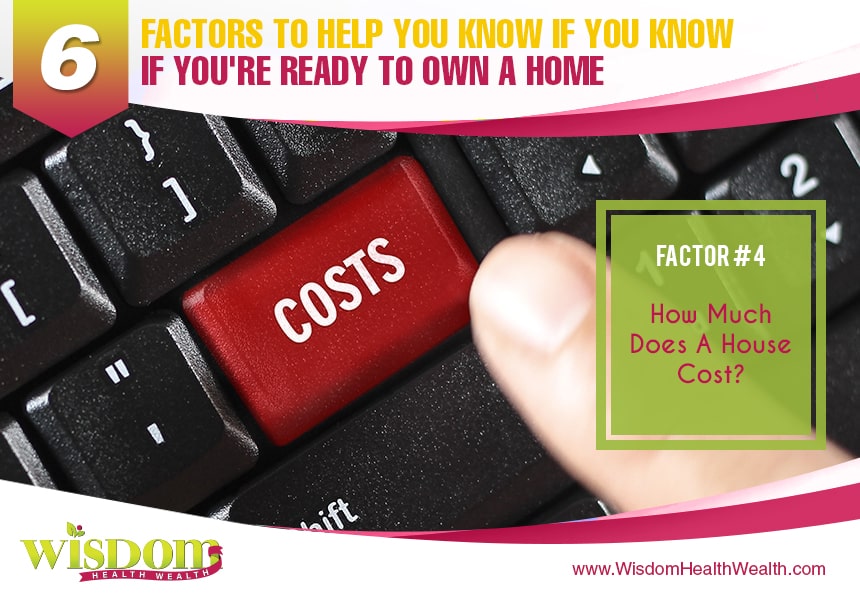
4How Much Does A House Cost?
In many apartment buildings, the rental fee often includes water, electric, and utility bills, but you pay each and every one of these once you are the owner of a house. If you are only planning to own the house for a short time only, you won't likely earn from it or enjoy related tax benefits because the cost of purchasing the property won't justify your savings. Thus, if you're only planning to stay in a certain area for a short while, it's best to rent; if longer, buy.
Depending on which state or area you are living in, it's possible for your rent and mortgage payments to be somewhat similar, especially if your interest rate is low. Let's say that your monthly rent for a beautiful 3,000-square-feet property in a lovely neighborhood is $1800. Perhaps this property will cost you $150,000 in case you do purchase it, particularly if you pay a 5% downpayment on a mortgage that has a 30-year term at 7% plus taxes and insurance, which means that the total monthly payment will be about $1200.
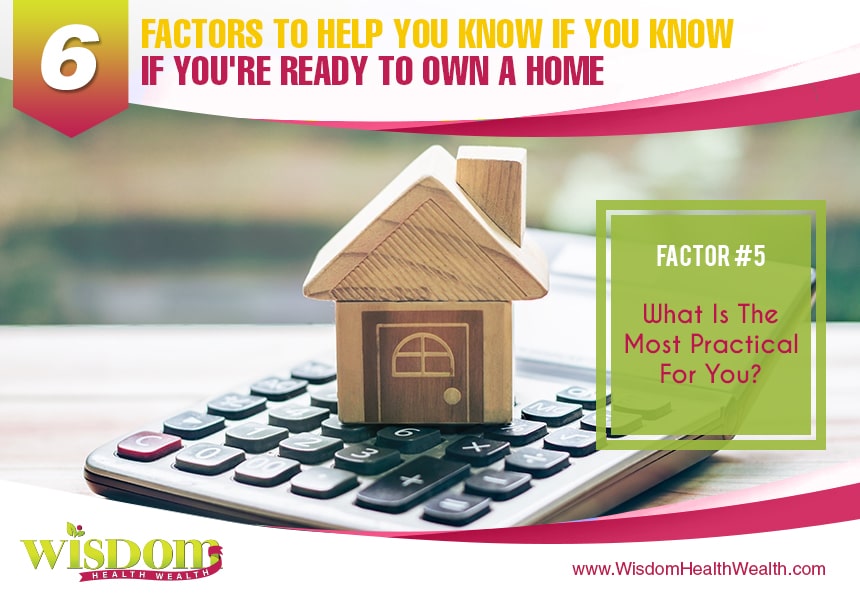
5What Is The Most Practical For You?
Once you are done with the computations and if you saw that the cost to rent and the cost to buy are roughly the same, buy - it is more practical. You'll be inspired to purchase a house because you can write off property taxes and the interest of the mortgage while still being able to make around $600. The two main reasons why it's better to buy than to rent are - appreciation and equity. In case you decide to rent, it's possible for your landlord to increase the rent whenever possible, which often happens when the value of the property rises, as well. Also, rent payments go to the pockets of your landlord; it does not help in increasing your investment or your equity.
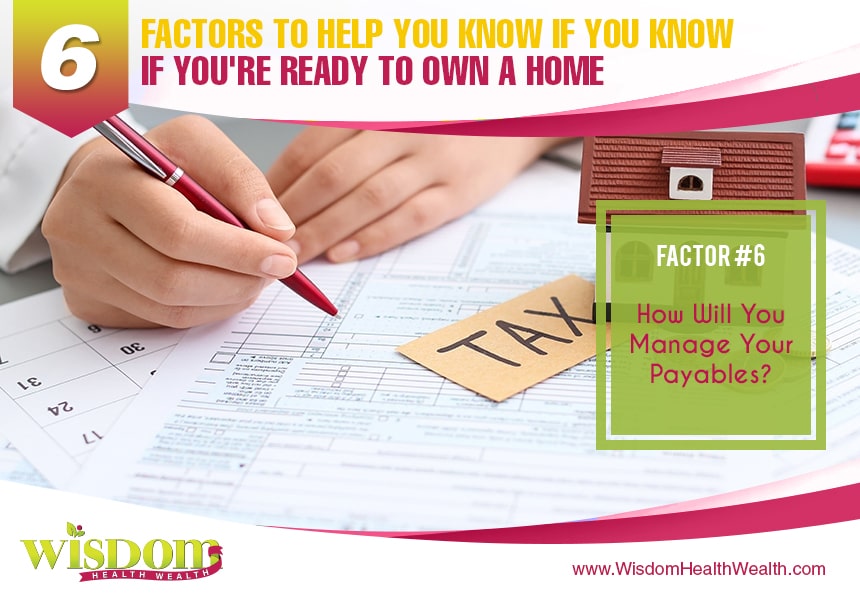
6How Will You Manage Your Payables?
To illustrate, say that you are currently paying $1,000 monthly for rent, but you are also eyeing a house that costs $150,000; if you put up 20% as downpayment, you'll only need to loan $120,000. In case the interest rate is fixed at 7.0%, this means that your total monthly payments will probably be around $800, including the principal and interest. Let us also assume that the property value in that area will continue to rise and, in time, it will reach around 5%; thus, in two years, you'll be able to pay the mortgage and benefit from a deductible interest rate for your income tax. At this time, you would have also begun paying down the principal amount of the loan and increased the equity of your home to as much as $18,000.
Now that you're aware of these issues, perhaps you can make a more informed decision about whether or not you're ready to become a homeowner; figure things out by evaluating your current financial standing. If your credit is poor or if you have recently defaulted on a loan, you will have a hard time getting mortgage approval. It will also be quite difficult to purchase a house if your savings are not enough to pay the downpayment. In case you are still a little bit confused, get in touch with a real estate expert so that you will know more about your options. Good luck!
About Author
John Quintana
GET THE FREE MAGAZINE DELIVERED STRAIGHT TO YOU:



